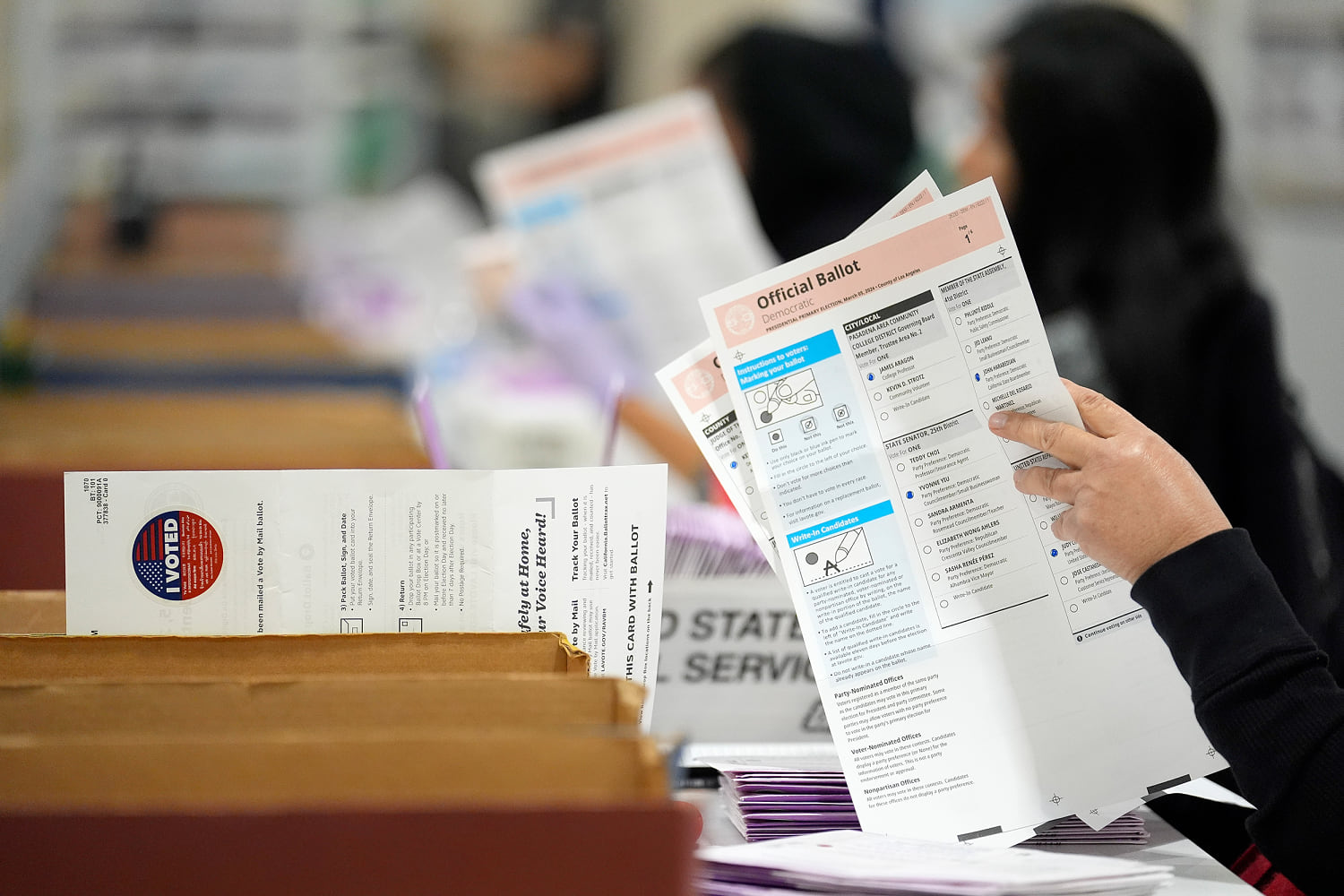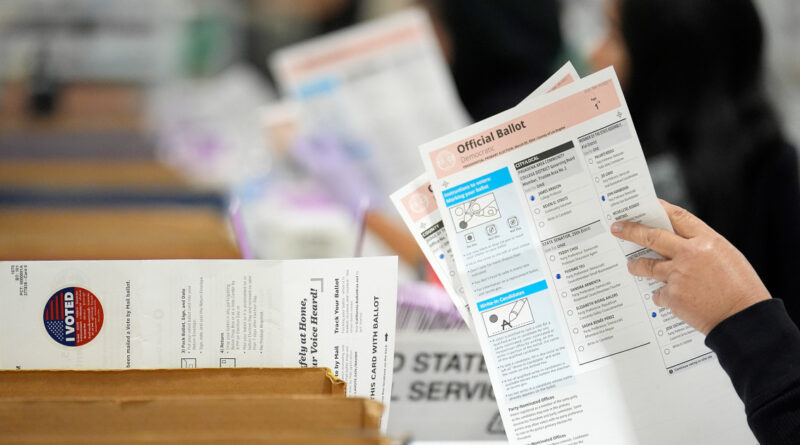Iran is targeting the U.S. election with fake news sites and cyber operations, research says

Iran is stepping up its influence campaign aimed at the U.S., researchers at Microsoft said in a new report, adding to the ongoing efforts by Russia and China to sway American public opinion before the presidential election.
Researchers identified websites that they attributed to the Iranian operation, aimed at voters on the political left and right. One website, Nio Thinker, bills itself as “your go-to destination for insightful, progressive news and analysis that challenges the status quo” and hosts articles that bash former President Donald Trump and hail Vice President Kamala Harris as “our unexpected, awkward savior.”
Another site identified by researchers, Savannah Time, poses as a voicey conservative local alt-weekly. “We’re opinionated, we’re noisy, and we’re having a good time,” the about section of the site says. It hosts articles claiming to be written by “the spokeswoman for the International League for Women’s Rights,” arguing for more modest Olympics beach volleyball bathing suits, next to articles lauding Iran’s military might.
The Microsoft Threat Analysis Center noted the sites were likely using artificial intelligence tools to lift content from legitimate U.S. news publications and repackage articles in a way that hides the content’s source.
The group behind the sites, according to Microsoft, is part of a larger Iranian operation, active since 2020, that operates more than a dozen other fake news sites targeting English-, French-, Spanish- and Arabic-speaking audiences. The campaign has not found significant success with a U.S. audience, and the sites’ content has not been shared widely on social media, according to the researchers. But researchers say the sites could be used closer to the election.
Beyond the effort to sow controversy and divide Americans before the vote, researchers said another group linked to the Islamic Revolutionary Guard Corps targeted a “high-ranking official on a presidential campaign” in June with a spear-phishing email from a compromised email account of a former senior adviser and attempted to access an account belonging to “a former presidential candidate.” The report did not name the people who had been targeted.
Iran’s United Nations mission did not immediately respond to a request for comment but denied the reports of meddling in a statement to The Associated Press: “Iran has been the victim of numerous offensive cyber operations targeting its infrastructure, public service centers, and industries. Iran’s cyber capabilities are defensive and proportionate to the threats it faces. Iran has neither the intention nor plans to launch cyber attacks. The U.S. presidential election is an internal matter in which Iran does not interfere.”
Microsoft’s report also noted continued activity by Russia, including an operation by a group researchers call Storm-1516, which produces propaganda videos in support of Trump and Russian interests and distributes them through a network of fake news websites connected to a former U.S. police officer. China-linked actors, the report said, had also pivoted increasingly to spreading propaganda via video and had leveraged a network of online accounts to stoke outrage around pro-Palestinian university protests.
The researchers reported an expectation that Iran, along with China and Russia, would intensify cyberattacks against candidates and institutions and increase efforts to divide Americans with propaganda and disinformation in the run-up to the election.





